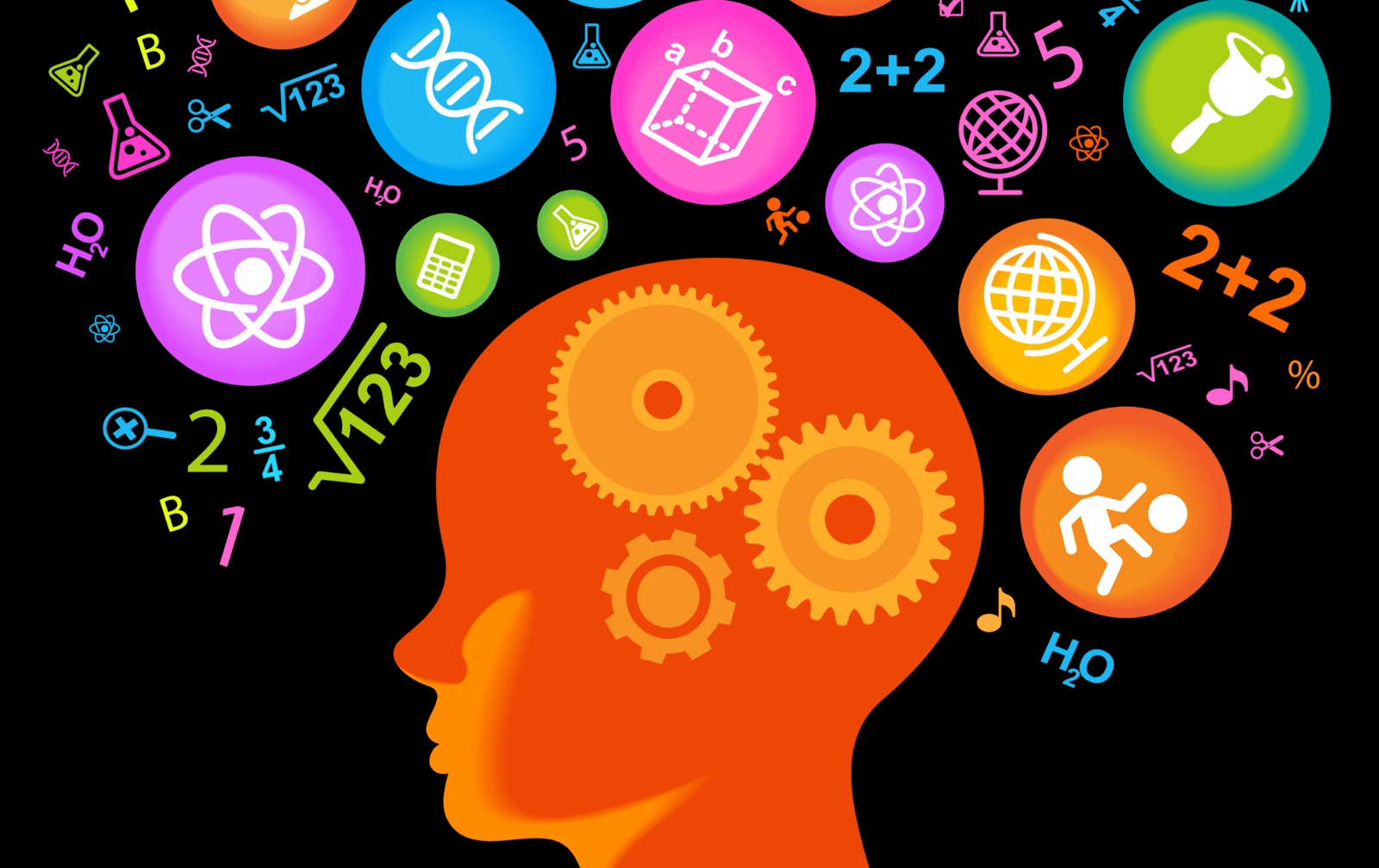10.08.2023 - 01:44
"Developing EQ through the Art of Communication: How to Improve Communication and Emotion Management"
Suggest ways to use the art of communication to develop Emotional Intelligence (EQ). Research on the impact of understanding and regulating emotions in communication and how it affects interaction and connection.
Introduction
Emotional Intelligence (EQ) is a fundamental aspect of human interaction, influencing our relationships, work performance, and overall well-being. One of the key pillars of EQ development is effective communication, which plays a pivotal role in enhancing our emotional awareness and management. This article explores how harnessing the art of communication can lead to the development of EQ, fostering better relationships and emotional regulation.
The Crucial Link between Communication and EQ
Effective communication is the bridge that connects us to others, allowing us to express ourselves, share ideas, and connect on a deeper level. When combined with EQ, it becomes a powerful tool for understanding emotions, building empathy, and managing our own and others' feelings.
Self-Awareness through Reflective Communication
The first step to developing EQ through communication is self-awareness. By engaging in reflective communication, we learn to observe our thoughts, emotions, and reactions. This process enhances our understanding of our own emotional triggers, enabling us to respond rather than react impulsively.Active Listening as an Empathy Building Block
Active listening is a cornerstone of effective communication and EQ. When we truly listen to others, we acknowledge their emotions and perspectives, which fosters empathy. Through this practice, we cultivate a deeper understanding of the emotions underlying their words, promoting better emotional connection.Expression of Emotions in a Healthy Manner
Communication provides an outlet for expressing our emotions. Developing EQ involves expressing emotions in a healthy and constructive manner, allowing us to communicate our feelings without causing harm. This skill enhances our ability to manage conflicts and build trust.
Non-Verbal Communication: The Silent Language of EQ
Non-verbal cues, such as facial expressions, body language, and tone of voice, carry significant emotional messages. Developing sensitivity to these cues enhances our EQ by enabling us to perceive unspoken emotions in ourselves and others, deepening our emotional connection.Constructive Feedback and Conflict Resolution
Providing constructive feedback and navigating conflicts effectively require a combination of communication skills and EQ. Constructive feedback is delivered with empathy and a focus on improvement rather than criticism. Similarly, conflict resolution benefits from understanding and addressing underlying emotions.Empathy as the Cornerstone of Connection
Empathy is a central component of EQ and effective communication. Developing the ability to put ourselves in others' shoes allows us to connect emotionally, fostering trust, understanding, and more meaningful relationships.Conclusion
The art of communication is a powerful vehicle for developing Emotional Intelligence (EQ). By becoming adept at self-awareness, active listening, non-verbal communication, and empathetic expression, we elevate our capacity to understand, manage, and connect with emotions—both our own and those of others. As we refine our communication skills, we simultaneously enrich our emotional awareness, transforming our interactions into opportunities for personal growth, positive relationships, and enhanced well-being.Xem thêm